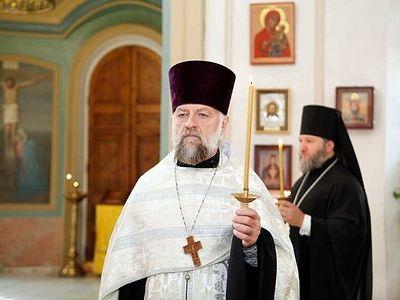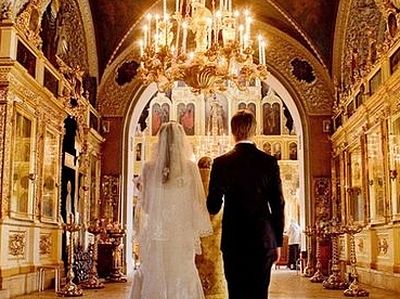Kim Davis is either a folk hero or a bigoted dinosaur, depending on one’s perspective.
The Kentucky county clerk poured gasoline on the smoldering controversy over the Supreme Court’s redefinition of marriage with her refusal to issue marriage licenses despite being jailed.
Reactions to her stance have reflected a sharp fault line between militant progressives and militant religious conservatives. But after wrestling with her case, I seem to be living outside the earthquake zone.
While I admire Davis’ resolve, and am glad she didn’t cower under incarceration, my sympathy is tempered by the fact that as an Orthodox Christian I’ve never understood civil marriage to have much theological significance in the first place — so the morphing of that secular institution is a far less distressing development to my faith.
In Eastern Orthodoxy, marriages among the faithful have been understood since ancient times to be the unique province of the Church. When Orthodox Christians marry, they must do so within the Church, according to its definition of marriage, and not the state’s.
This definition is provided by the prayers and readings of the marriage service itself — which goes back to Christian antiquity and assumes fidelity between one man and one woman, open to the gift of children.
The service contains such blunt, repeated prayers for procreation that couples sometimes blush. It would frankly be bizarre to imagine such prayers being said for two members of the same sex. So the rite of the sacrament defines its meaning. With that rite unchanging, the definition is changeless.
Without intending any polemics, I feel genuinely sorry that for Kim Davis and her fellow Protestant Christians, no such normative touchstone exists in their tradition — so that the state’s secular definition carries more weight.
That’s because five centuries ago, Martin Luther and his colleagues did their own redefinition of marriage, rejecting its status as a sacrament of the Church and ceding to the state the right to determine its criteria. By rejecting Holy Tradition, they laid the individualistic, culturally driven, state-sanctioned groundwork for the ultimate rejection of traditional marriage today.
I truly wish self-described “traditional” Christians in the Protestant world would see the inherently individualistic, relativistic assumptions of their tradition — and follow the river upstream, past Rome, and continuing to the East.
They’d find a rock of stability not tossed by shifting mores. They’d certainly have less reason to get worked up over marriage licenses.
In Orthodoxy, a couple submits such a license in accordance with the law, but doesn’t see that piece of paper as much more than a legal formality. A license doesn’t make a marriage. It’s a coin bearing Caesar’s ever-changing image.





